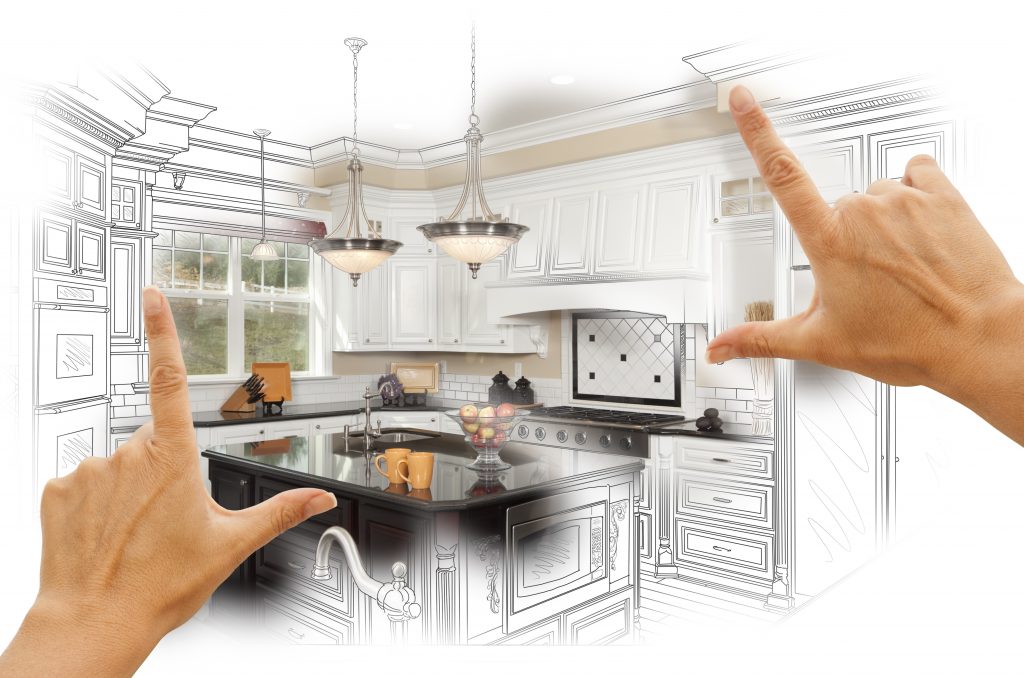The soaring popularity of 24/7 nangs deliveries has prompted doctors to call for tighter sales restrictions to prevent their misuse. The canisters contain nitrous oxide, or N2O, and are used to make instant whipped cream without a traditional whipping cream dispenser. They are also increasingly being used as a party drug, inhaled by placing a balloon over the top and sucking it in to create a high that lasts for minutes. But as Australia’s nang supply chain expands, some doctors are calling for stricter controls to limit their use.
Previously available only in kitchen stores and corner shops, nangs are now being sold nangs Melbourne online under a variety of names and promises of delivery within 15-60 minutes. Some are called Nangaroo, a play on Deliveroo. Others claim to offer ‘after school nangs’ or ’nang in a box’. One dealer even drives a Mercedes with number plates reading ’I love nangs’.
But while nangs are widely sold and legal, they are a dangerous drug when inhaled. The canisters have a pin inside with several holes in it, and when the cap is screwed on over the balloon, the pin pierces the balloon’s seal, filling it with nitrous oxide. When inhaled, the nitrous oxide enters the bloodstream and is rapidly absorbed into the brain, producing a fleeting high that fades in seconds.
Inhalation can cause blurred vision, nausea and a loss of balance, and may lead to addiction. Some people develop a physical dependence, and long-term use can have a devastating impact on mental health. In extreme cases, the inhalation of nitrous oxide can lead to psychosis and death. In an attempt to curb the increasing use of nangs as a party drug, the Therapeutic Goods Administration (TGA) has begun requiring manufacturers to label their products with the warning ‘do not inhale’. The TGA has also banned the sale of nangs to under-16s and restricted their availability in NSW and Victoria.
However, policing the sale of nangs is difficult. Because they are food-grade, the canisters can be labelled as such and sold in corner stores and late-night 7-Elevens. And they can be bought legally on the internet as ‘kitchen supplies’, where they are typically sold in packs of ten for about $10.
Robert, 31, is not your typical nang user. He has a degree in astrophysics, an IQ in the top few per cent of Australians and makes $160,000 a year as an app developer. But his nang addiction led to him losing his fiancee, several jobs and tens of thousands of dollars in debt. Now he’s sober, rebuilding his life and warning others not to follow in his footsteps.

